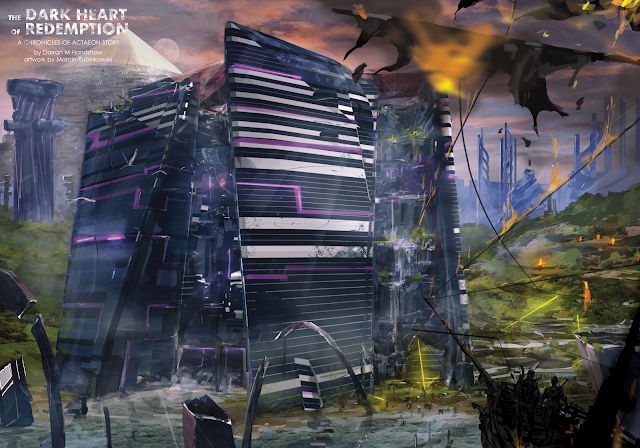Monstery, techy, puzzly goodness: A review of The Engineer
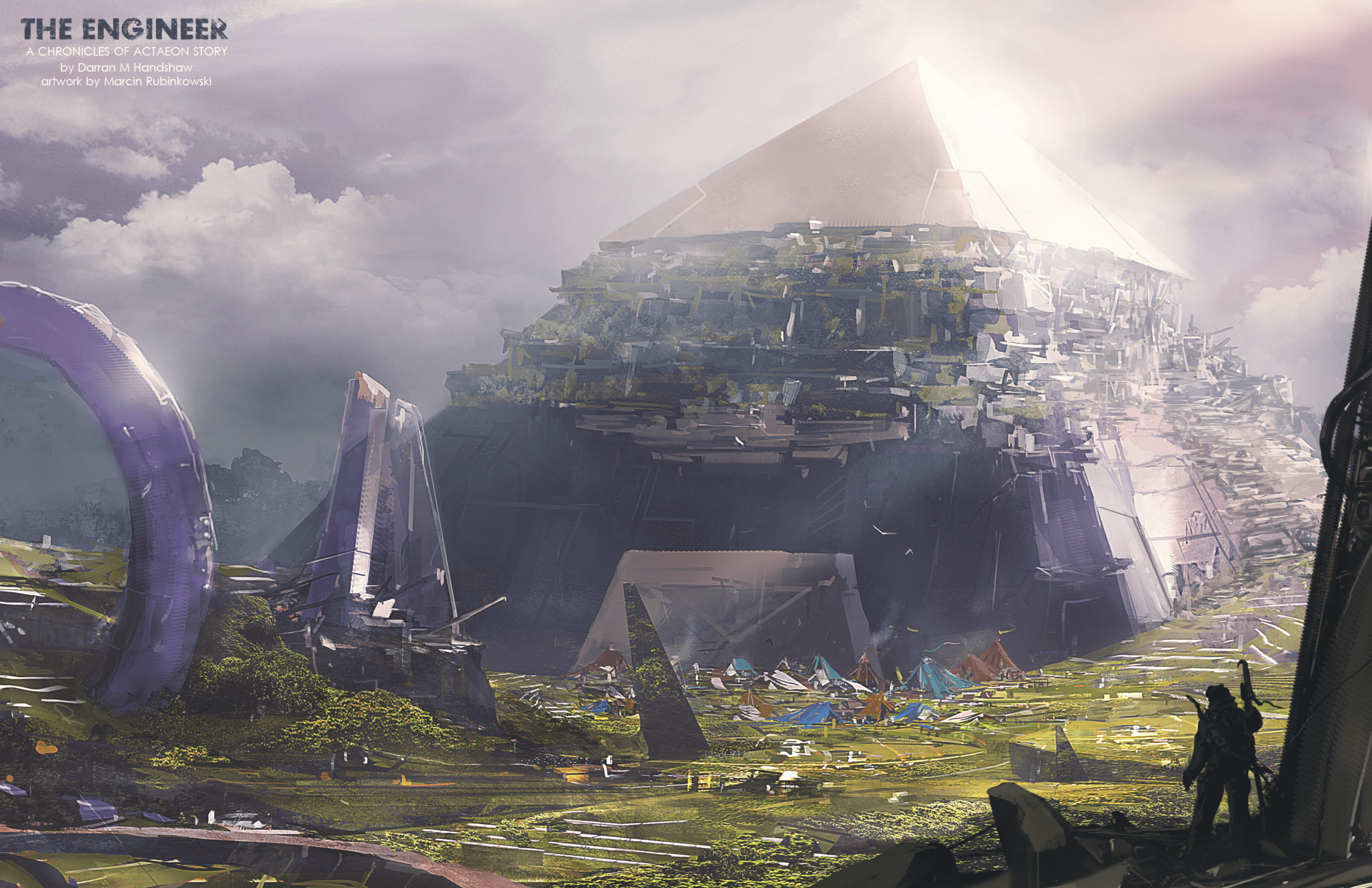
This is the third review taken from my Self-Published Fantasy Blog-Off (SPFBO) first chapter read. I didn't mesh with the opening chapter of Dark Heart of Redemption, but was intrigued by its multi-page recap of the previous book in the series, and so I read that!
The Engineer opens with mysterious raiders pursuing engineer Actaeon through the gigantic ruins of an ancient civilisation. Escaping capture, he arrives at Pyramid, a city built within a massive alien structure, where he hopes to unlock the technology of the Ancients...
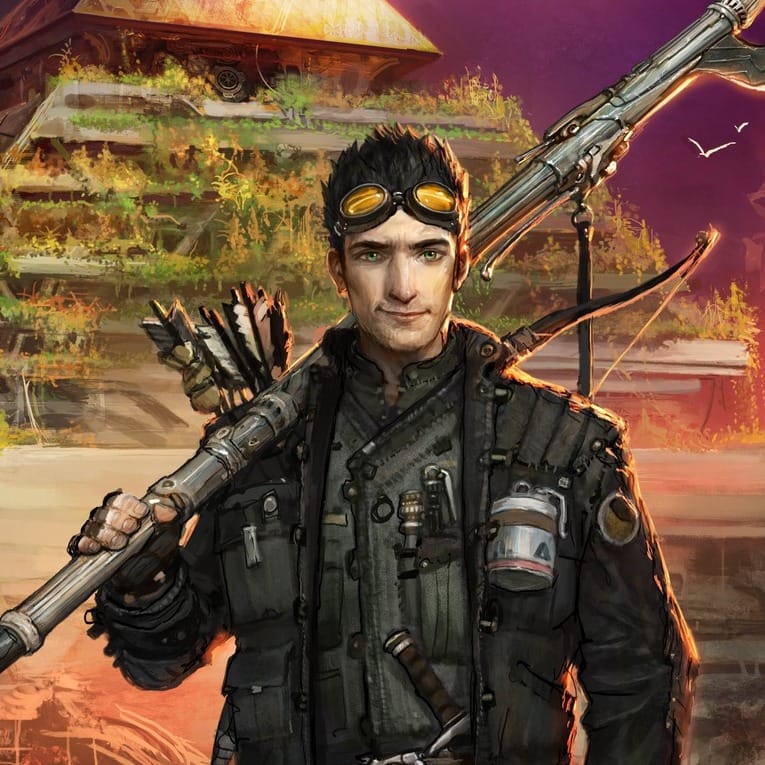
It's a brilliant premise, but the reason this LOOONNNNGGGG book (and I don't usually finish long books) is super good is that, like Babylon 5/Star Trek/Dr Who, the overarching plot is merely a backdrop to multiple self-contained episodes. And 'engineer-inventor solves puzzles in a ruined alien city and helps fight monster of the week' is SUCH a well-executed, original concept that it sustains a very long novel, and should be commissioned by Netflix post-haste.
All the things that I loved...
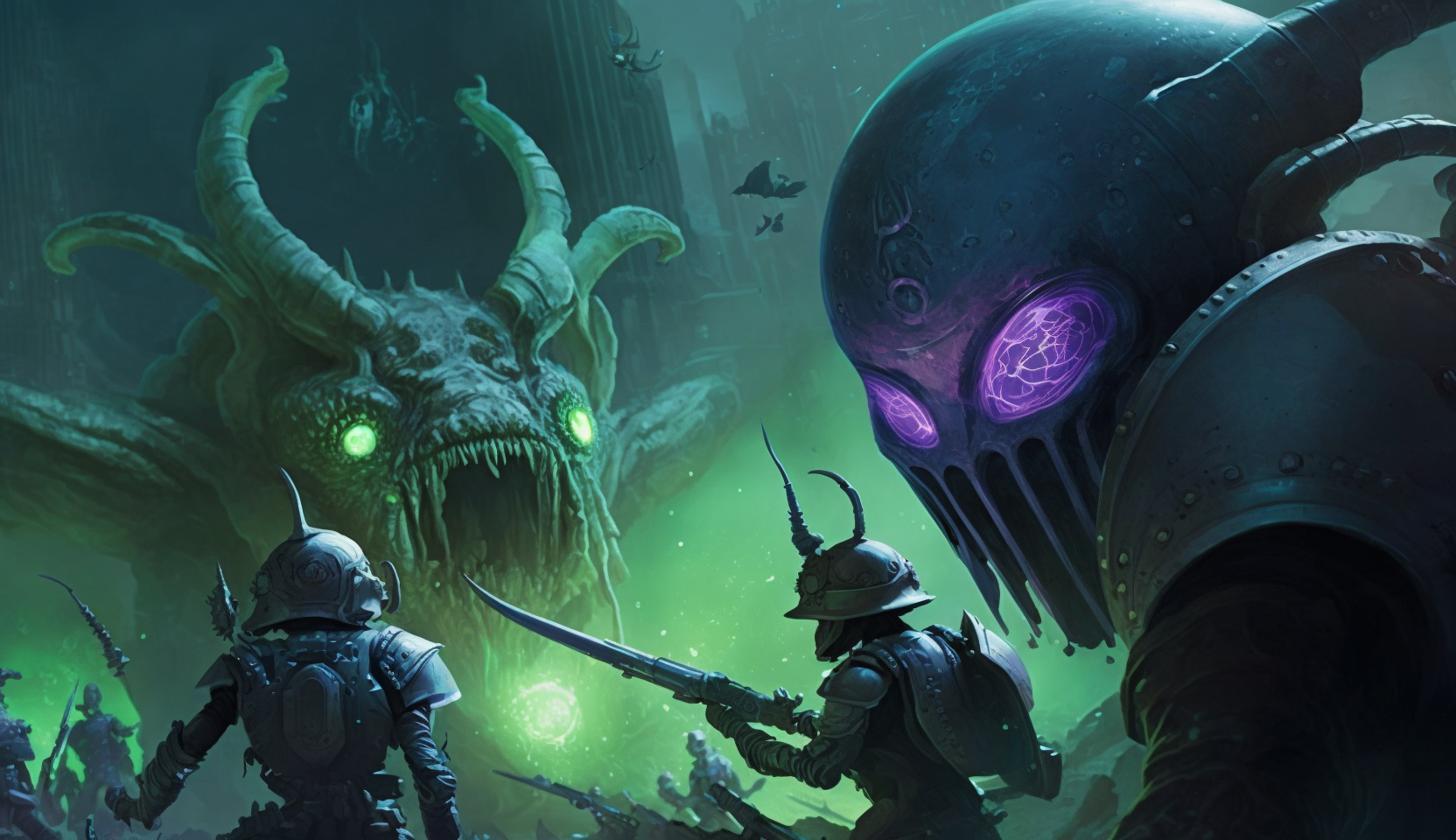
'Episode 1' opens with Actaeon being tasked by the Princess of Pyramid to stop a horrific stench in the city's Open Market. After finding some disgusting alien goo in the tunnels leading into the warrenous under-city, he's soon drawn into a thrilling adventure involving monstrous gastropods where inventive problem solving will triumph over cold steel.
Other adventures feature an alien mechanical man, the city baths, and - as his reputation as an inventor grows - the felling of a great Ancient tower.

As with any super-fun TV series, Actaeon's fledgling engineering-inventor business picks up friends and employees on the way, including mercenaries Trench and Wave, and young Knight Arbiter Eisandre, who eventually becomes his girlfriend, and wife. He also meets the rulers of other city buildings/regions (I never quite understood this), who act as both friends and foes.
Neurodivergent rep... Thumbs up!
According to the book's Foreword, The Engineer is based on the true story of how author Darran met his wife through a text-based roleplaying game. I don't know how closely the book resembles real-life events or people, but I was delighted to find the romantic subplot had some brilliant neurodivergent representation.
When I reviewed romantasy Claws and Contrivances, I noted that:
The relationship between Cornelius and Rose is a classic pairing between an autistic guy and a hyper-empathising non-autistic (NT) woman who ends up as a partial carer (Women and Girls with Autistic Spectrum Disorder identifies teachers, nurses and counsellors as classic occupations for this type of lady). Rose is deeply sensitive to injured dragons, and comes to rely on Cornelius for his maturity and quiet intelligence. He is a smart, honest, loyal and caring man needing someone to help him adult at times.

The Engineer features the likely-more-common pairing between two 'autistic' people with double empathy for each other. Autistic is in quotes here because Eisandre has a fictional neurodivergence, being 'Lost'.
Speaking as someone with (now) two diagnosed autistic children, I'm pretty sure both Actaeon and Eisandre would attract an autism diagnosis in today's UK/America. It's not as if autism is uncommon - about 1 in 36 Americans now have a diagnosis. That's equivalent to one child in every primary school class.
Actaeon tends to be super-focused on engineering (monotropism), gives one-sided lectures on topics (monologuing), and doesn't appear especially socially adept (social communication with neurotypical people). Eisandre was socially excluded from her aristocratic family due to being Lost in her own thoughts, enjoys walking alone (social communication), and has chosen to work in a hyper-structured job/religious order (resistance to changes) to stop her getting overwhelmed and burning out.

Both Eisandre and, especially Actaeon, are super-interesting characters. Actaeon is a very smart man, but not a stereotypical 'autistic genius'. Eisandre has a traditionally male-coded occupation, but is convincingly feminine in all other areas of her life. Their relationship builds gradually through friendship, and remains compelling and utterly believable throughout.
Both characters are also regarded as weird by everyone else, but - of course - get on perfectly well with each other. Thank you, again, Damian Milton for the recognition of double empathy between autistic people.
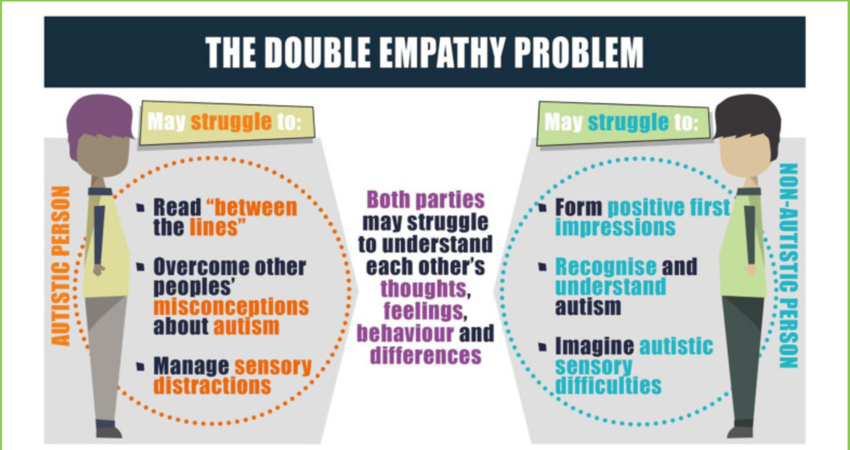
As a general remark, it's a shame that, when so many people are now known-to-be neurodivergent, that the representation in The Engineer is still worth remarking on. It would be nice to see well-rounded neurodivergent characters appearing in other books.
Stuff I liked less...
I loved 95% of The Engineer and, if you haven't read it already, I would strongly urge you to read it!
However, as with all my reviews, I also like to talk about the stuff I liked less. I think it makes the review more balanced, and believable (no one truly loves any book 100%), it teaches me about writing, and - with indie authors - I always regard it as (hopefully, cross fingers) constructive feedback on where to take the series next.
As always, I'm one person, enjoyment of fiction is subjective, and my views aren't gospel.
Politics is the mind killer...
About 95% of The Engineer is an amazingly wonderful 'monster/engineering-puzzle-of-the-week' romp. Actaeon is in his element as a problem solver for hire, who uses inventions, quick thinking, and the power of friendship to save the day. It's super-amazing fun to read and, in honestly, I could have read twenty books of this stuff.

The problem is that, as the overarching plot develops, Eisandre and her connection to the ruling family of Pyramid begin to dominate the story. We're introduced to the ruling families of other places/regions within the alien city, most of which I never really understood where they were. It slowly becomes a political plot, and Actaeon simply isn't the right character for it.
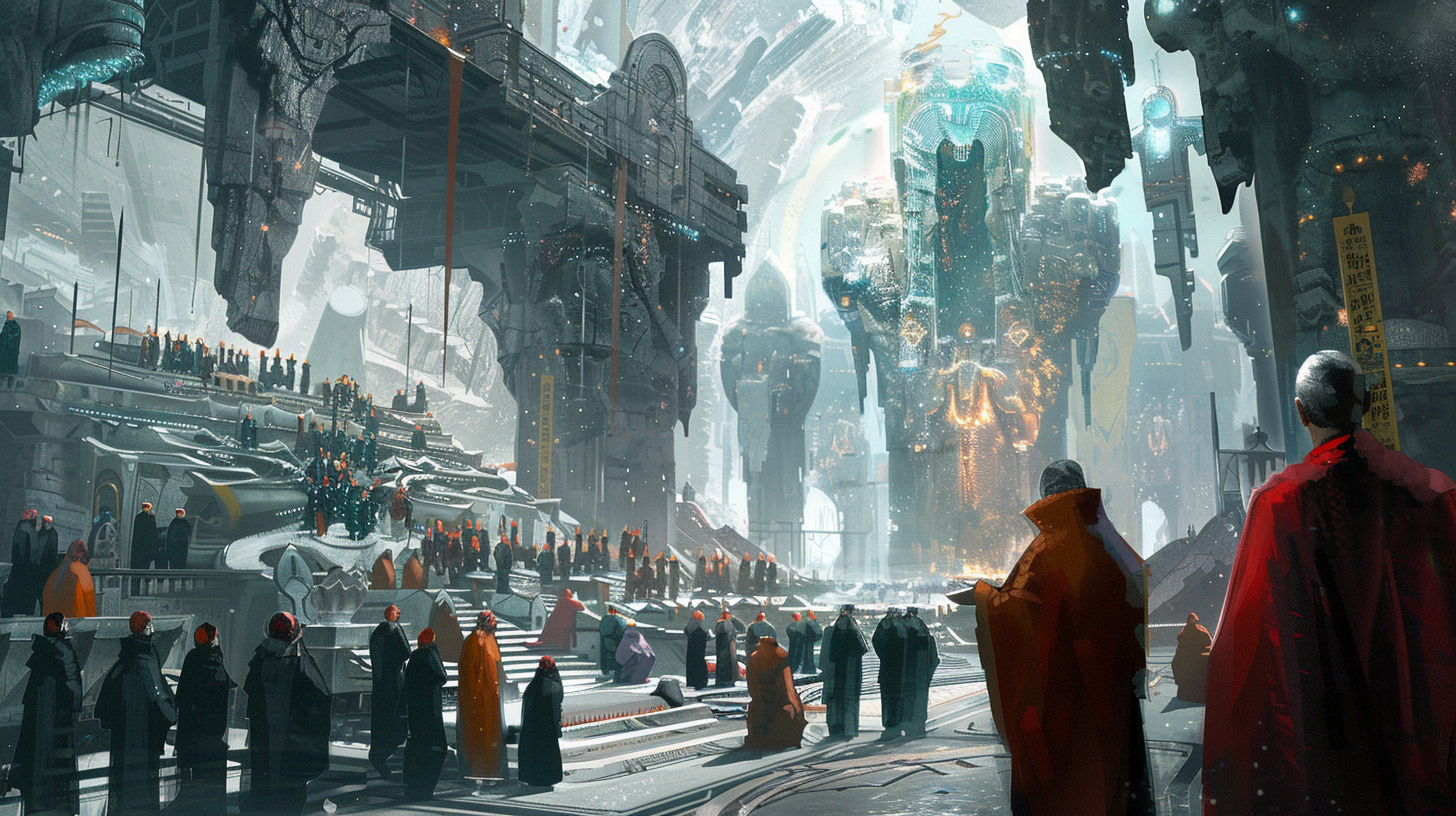
Actaeon is an adult who can't control his monologuing, never mind carry off a Game of Thrones-level intrigue novel. The trouble is that he never feels out of his depth, even when he should, and neither does Eisandre. No one machinates the way they would in reality, and - although Actaeon visibly struggles with social cues throughout the novel - he never gets outwitted because his political opponents are also terrible at politics, and power talk.
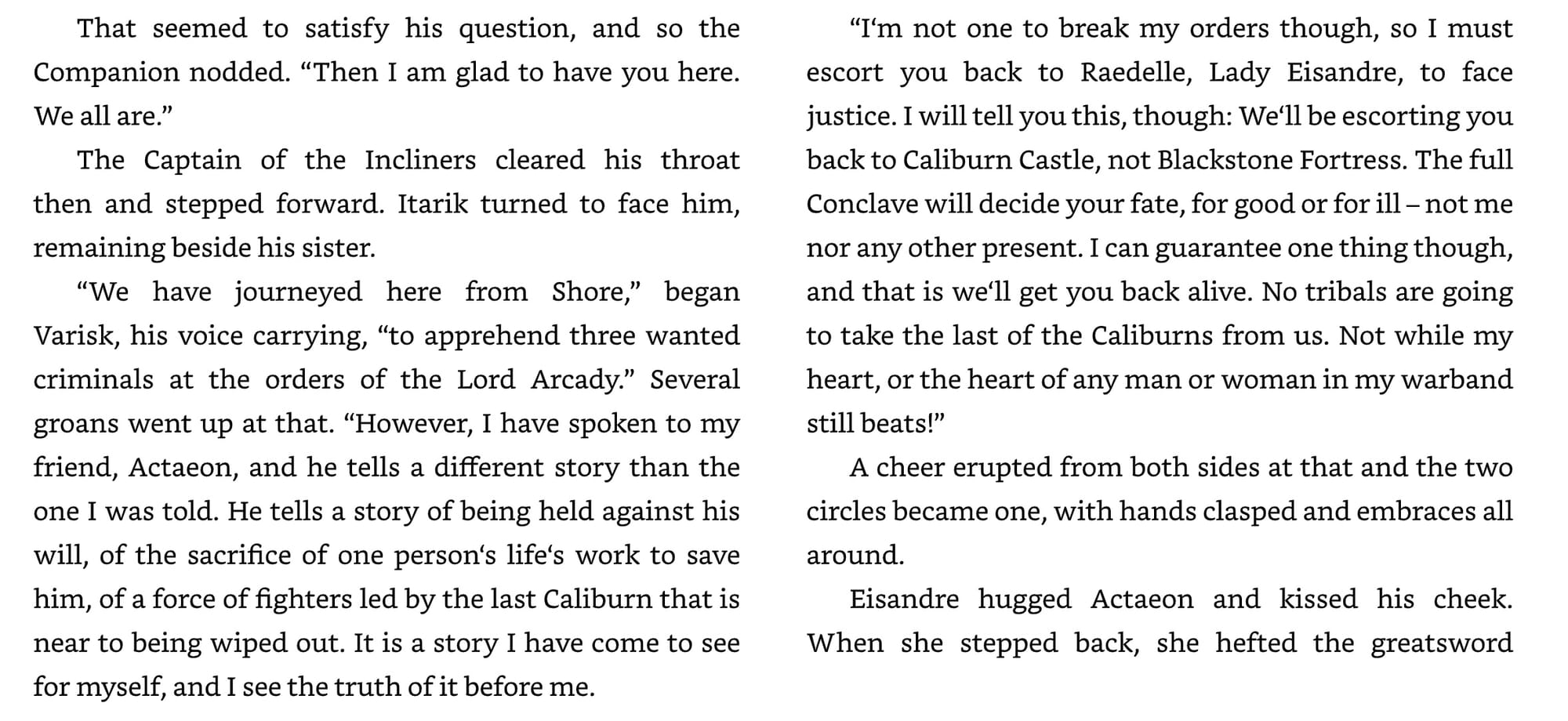
I've thought A LOT about this topic, and find it fascinating, largely because I'm writing a novel (already have a novella finished, needs editing) that features an autistic character. The Archduke of Belorn is also an engineer and becomes a ruling prince (well, duke), which also means he has to become good at politics, despite not having a natural aptitude for it.
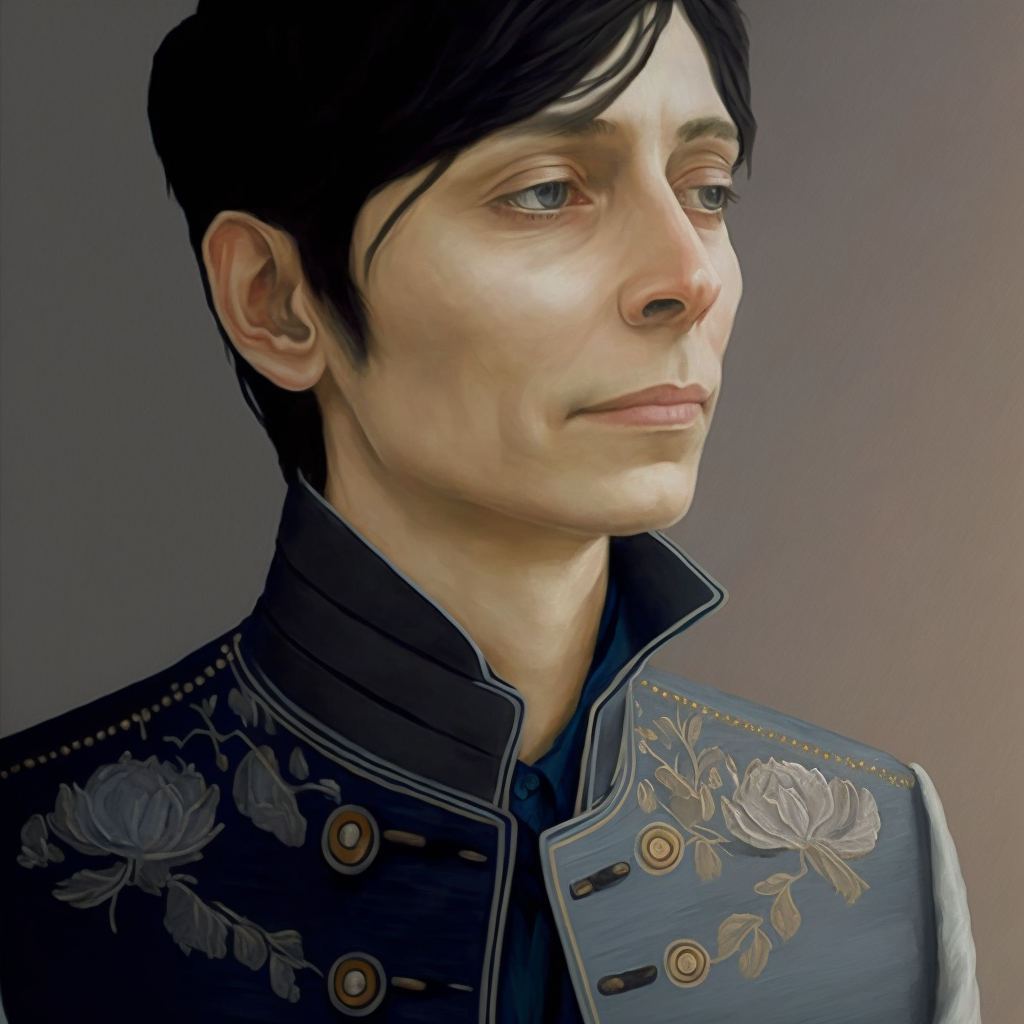
Below is a snippet of his first conversation with the novel's (female) protagonist:
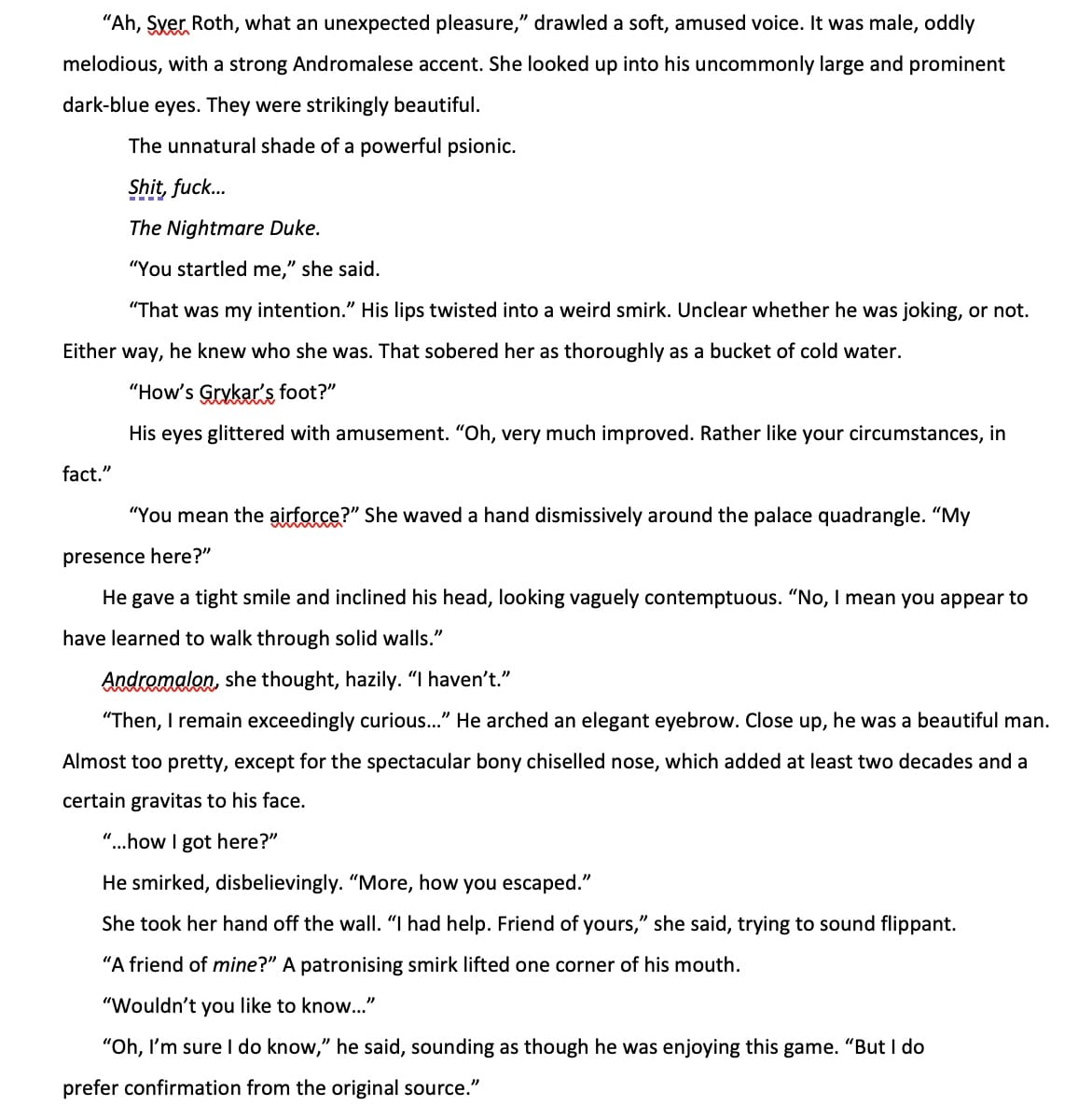
If I were to ask the Archduke (colloquially, 'Nightmare Duke') what he's doing here, he'd explain that non-autistic conversation focuses primarily on establishing group social status, and factual information exchange is a mere substrate. He has learned, by rote, to control and manipulate this process, albeit imperfectly - he does lose 'frame control' at points in the story.

Overall, he's doing what's called 'high masking'. Masking is usually done more often by autistic women to hide characteristic traits and appear neurotypical, and can include concealing motor movements (he doesn't entirely manage this), scripting conversations, or mimicking behaviours like eye contact.
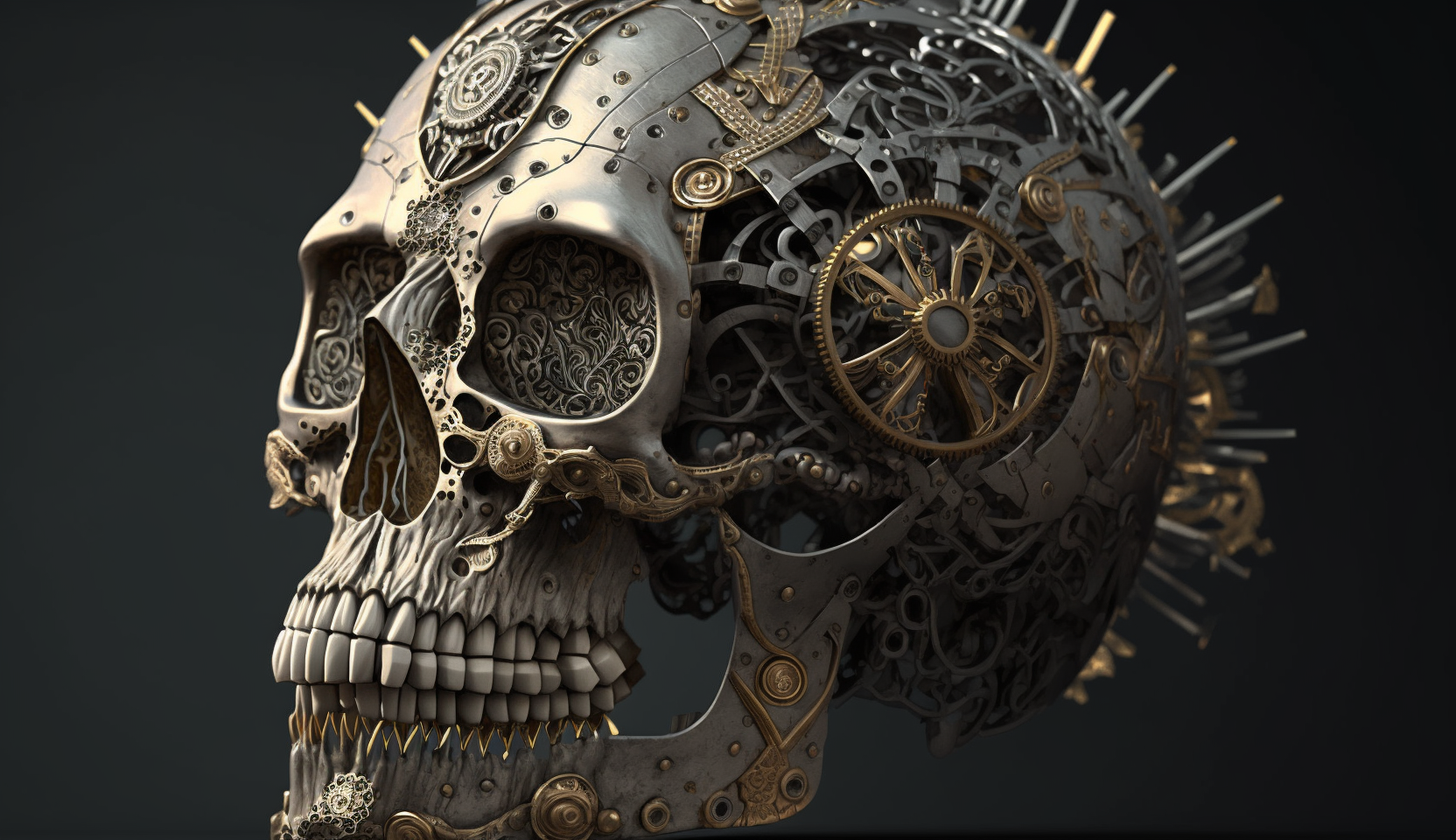
The Archduke uses the same puzzle-solving intelligence that Actaeon relies on for engineering, but for masking in social situations with Machiavellian intent (and, yep, I'm sure he totally sees people as mere cogs and wires - he's not a good man).
In reality, masking, even if not to this extent, becomes emotionally destructive, which is why the Archduke has significant substance abuse issues.
The problem with Actaeon is that he simply doesn't have these skills, and isn't given the opportunity to develop them. Although this isn't a problem while he's in politically-safe environments (i.e. working as an engineer-inventor for the local government), the power elite of a fantasy city is probably the most politically-unsafe environment possible. The life expectancy of someone trying to play politics, without the relevant skillset, is probably lower than Ned Stark's.
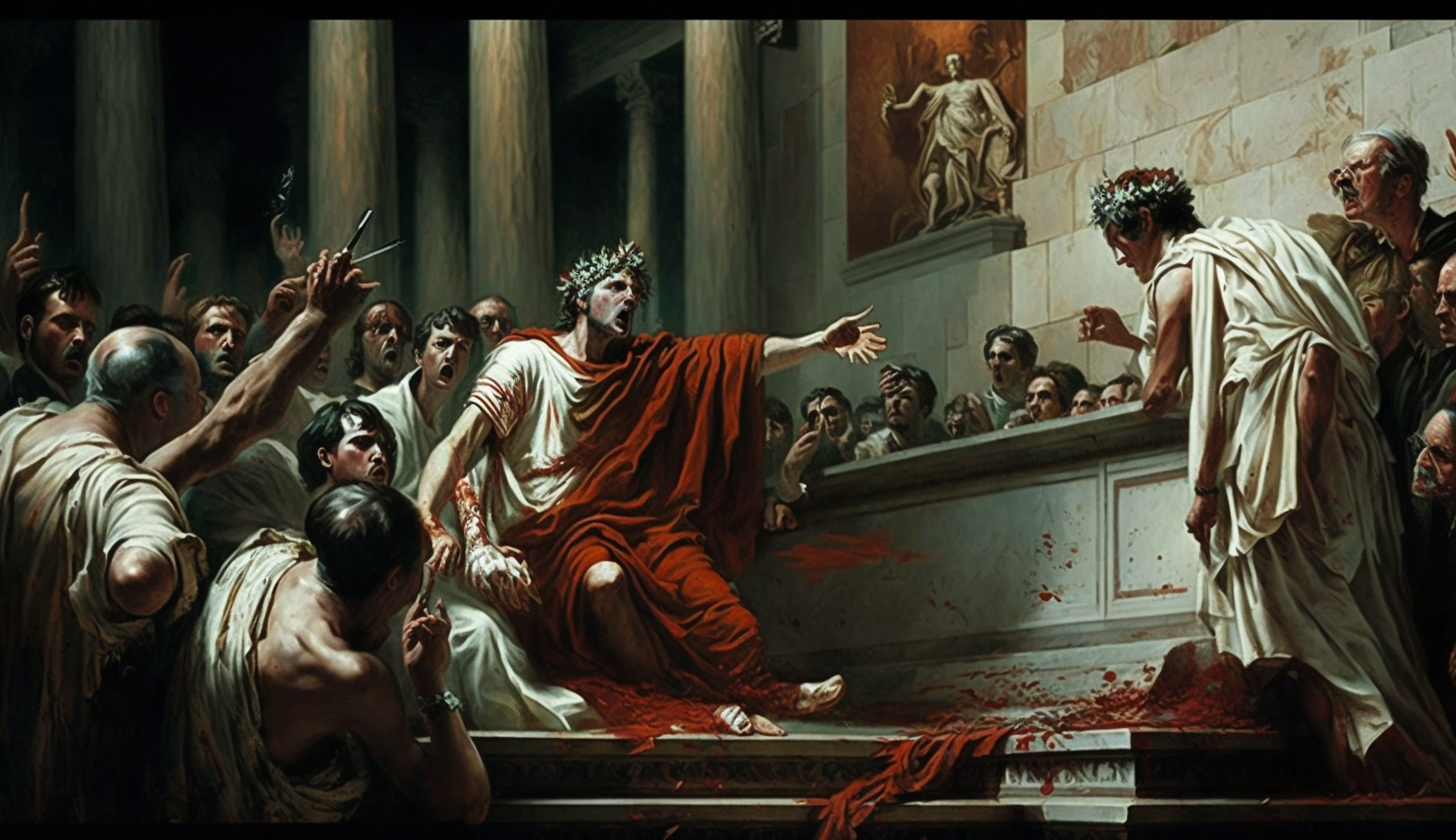
In conclusion...
The Engineer is a great fun book. Imaginative, original, and with great characterisation. It's rare a story makes an inventor centre stage and, having done so, I loved how Actaeon was made a well-rounded, sympathetic character. The setting of a ruined Ancient alien city with its own monstrous ecosystem is also a complete win!
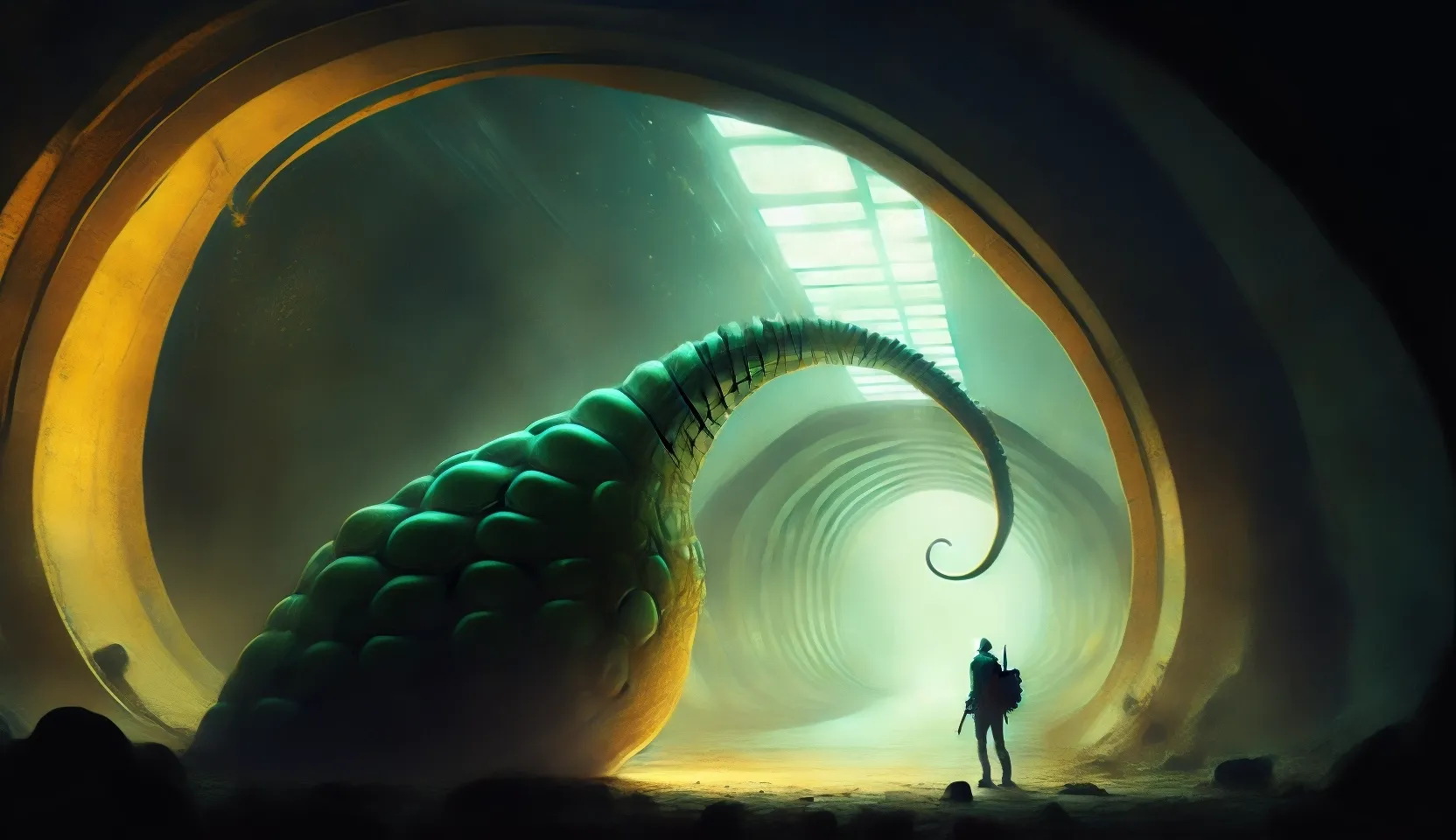
Having read The Engineer, I'm definitely going to seek out Machine in the Mountain, a short story within the same series. I'm also keen to recommend The Engineer to my own seven year old when he gets older (although my son is more interested in biology than traditional engineering) - I can't give a bigger compliment than that!!!
